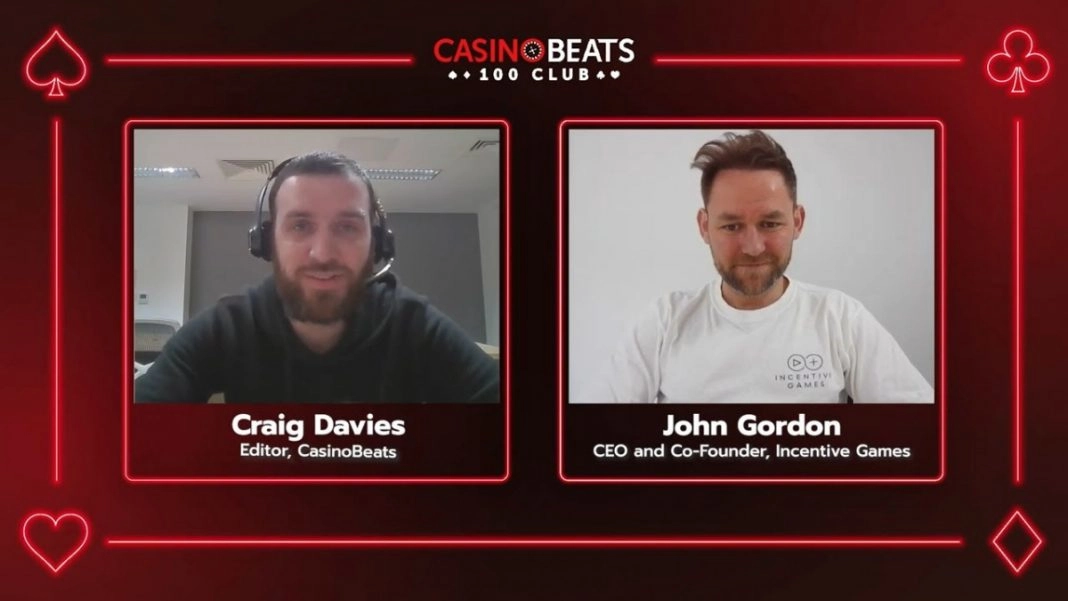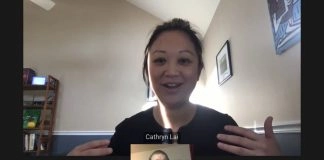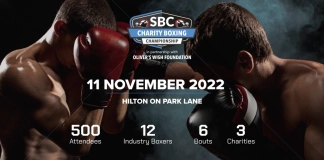John Gordon, CEO and Co-Founder of Incentive Games, spoke with CasinoBeats on their latest 100 Club episode, where he elaborates on his journey from chemical engineering in the Caribbean to the gambling industry in Scotland, pivoting from B2C to B2B, COVID challenges that led to personal assets having to be sold to fund wages, and more.
The conversation begins where Gordon dives into his past by covering his time working as a chemical engineer, whilst studying at the University of Edinburgh.
“I basically just researched what the best paying job was in the UK and at the time chemical engineer was in the top three,” said Gordon.
Whilst studying at Heriot-Watt University, it led to a successful career, ultimately landing the lead engineering position for BP in Trinidad and Tobago.
However, after seeing FanDuel and DraftKings adverts for fantasy sports while in the Caribbean, Gordon used to write algorithms for himself and friends to compete against each other.
“I would create competitions for people that I knew at BP and such and we would bet thousands of pounds,” continued Gordon.
“In conjunction with what I used to play fantasy football for what was the Barclays Premier League at the time, I thought ‘well I could do this and we could do fantasy betting in the UK and Europe’, because FanDuel and DraftKings were focusing on the US.
“So, I left my job in the Caribbean and came back to the UK to Scotland, and started my original company around nine/ten years ago.”
Despite being forthright in stating that “we had no idea what we were doing,” future developments saw the fantasy app become number one in the UK app store for a while as various licences began rolling-in before the receipt of advice saw a pivot from B2C to B2B occur.
After learning of an upbringing within a gambling atmosphere, Gordon delves into a passion “to mix maths and engineering with football, in the first instance, and trying to write algorithms to beat bookmakers”.
“It was really challenging to say the least,” it is noted, with no government help or revenue and a roster of staff to pay, personal assets had to be sold to fund wages “but we just doubled down on the fact that sport will come back, we’re on to something here,” Gordon added.
“We could’ve rolled over and said ‘oh well we tried,’ but we did the opposite. We created virtual games, so we, given our engineering background, turned the algorithm that I used to use to beat the bookmaker into a virtual product.”





